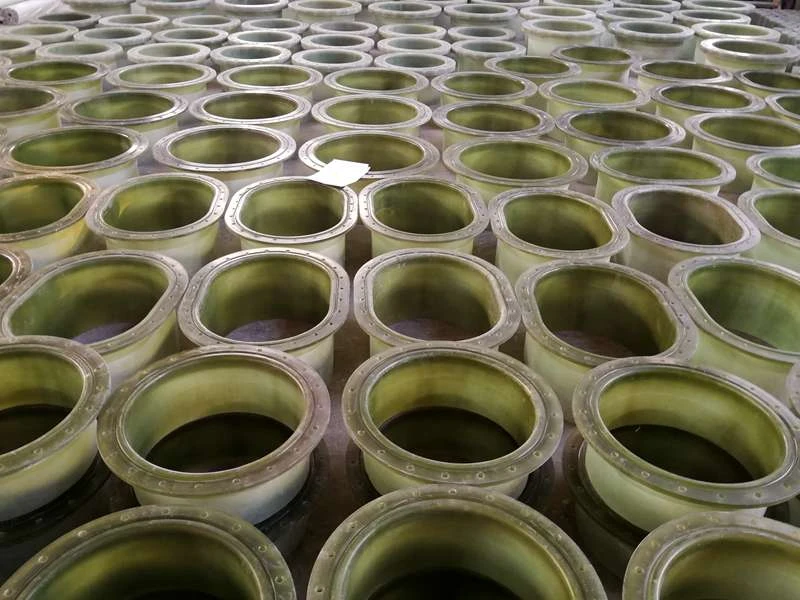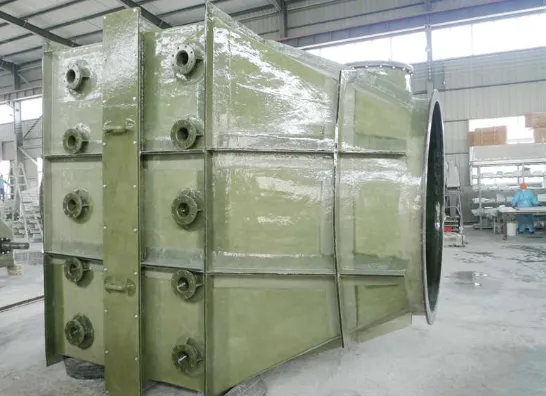
-
 Afrikaans
Afrikaans -
 Albanian
Albanian -
 Amharic
Amharic -
 Arabic
Arabic -
 Armenian
Armenian -
 Azerbaijani
Azerbaijani -
 Basque
Basque -
 Belarusian
Belarusian -
 Bengali
Bengali -
 Bosnian
Bosnian -
 Bulgarian
Bulgarian -
 Catalan
Catalan -
 Cebuano
Cebuano -
 China
China -
 China (Taiwan)
China (Taiwan) -
 Corsican
Corsican -
 Croatian
Croatian -
 Czech
Czech -
 Danish
Danish -
 Dutch
Dutch -
 English
English -
 Esperanto
Esperanto -
 Estonian
Estonian -
 Finnish
Finnish -
 French
French -
 Frisian
Frisian -
 Galician
Galician -
 Georgian
Georgian -
 German
German -
 Greek
Greek -
 Gujarati
Gujarati -
 Haitian Creole
Haitian Creole -
 hausa
hausa -
 hawaiian
hawaiian -
 Hebrew
Hebrew -
 Hindi
Hindi -
 Miao
Miao -
 Hungarian
Hungarian -
 Icelandic
Icelandic -
 igbo
igbo -
 Indonesian
Indonesian -
 irish
irish -
 Italian
Italian -
 Japanese
Japanese -
 Javanese
Javanese -
 Kannada
Kannada -
 kazakh
kazakh -
 Khmer
Khmer -
 Rwandese
Rwandese -
 Korean
Korean -
 Kurdish
Kurdish -
 Kyrgyz
Kyrgyz -
 Lao
Lao -
 Latin
Latin -
 Latvian
Latvian -
 Lithuanian
Lithuanian -
 Luxembourgish
Luxembourgish -
 Macedonian
Macedonian -
 Malgashi
Malgashi -
 Malay
Malay -
 Malayalam
Malayalam -
 Maltese
Maltese -
 Maori
Maori -
 Marathi
Marathi -
 Mongolian
Mongolian -
 Myanmar
Myanmar -
 Nepali
Nepali -
 Norwegian
Norwegian -
 Norwegian
Norwegian -
 Occitan
Occitan -
 Pashto
Pashto -
 Persian
Persian -
 Polish
Polish -
 Portuguese
Portuguese -
 Punjabi
Punjabi -
 Romanian
Romanian -
 Russian
Russian -
 Samoan
Samoan -
 Scottish Gaelic
Scottish Gaelic -
 Serbian
Serbian -
 Sesotho
Sesotho -
 Shona
Shona -
 Sindhi
Sindhi -
 Sinhala
Sinhala -
 Slovak
Slovak -
 Slovenian
Slovenian -
 Somali
Somali -
 Spanish
Spanish -
 Sundanese
Sundanese -
 Swahili
Swahili -
 Swedish
Swedish -
 Tagalog
Tagalog -
 Tajik
Tajik -
 Tamil
Tamil -
 Tatar
Tatar -
 Telugu
Telugu -
 Thai
Thai -
 Turkish
Turkish -
 Turkmen
Turkmen -
 Ukrainian
Ukrainian -
 Urdu
Urdu -
 Uighur
Uighur -
 Uzbek
Uzbek -
 Vietnamese
Vietnamese -
 Welsh
Welsh -
 Bantu
Bantu -
 Yiddish
Yiddish -
 Yoruba
Yoruba -
 Zulu
Zulu
Feb . 05, 2025 01:58
Back to list
fiberglass products for high temperature
Fiberglass products engineered for high-temperature environments have emerged as a staple in industries that demand precision, durability, and unwavering performance. These composite materials are renowned for their ability to withstand extreme conditions, making them indispensable in fields such as aerospace, automotive, industrial manufacturing, and even home appliances. It's not just their resistance to heat that sets fiberglass apart; the lightweight nature coupled with exceptional tensile strength ensures that these products deliver unmatched efficiency and reliability.
Household applications often go unnoticed but are equally impacted by fiberglass’s contribution to heat resistance. In kitchen environments, fiberglass is frequently used to line ovens and stoves, ensuring safety and energy efficiency. The domestic appliance industry trusts fiberglass components because they can endure continuous heating and cooling cycles without compromising on performance. Consumers and manufacturers alike recognize that this material’s robustness translates into product longevity and reduced maintenance costs, an essential factor for trust and economic practicality in everyday use. The credibility of fiberglass products in high-temperature scenarios is not just a matter of material science but also the result of decades of accumulated expertise and continuous innovation. R&D departments in leading manufacturing companies are constantly refining fiberglass formulations to enhance their heat resistance, mechanical properties, and environmental impact. Authoritative studies frequently publish findings on the evolution of fiberglass, validating its role as a critical material in modern engineering applications. When discussing fiberglass for high temperatures, it's essential to consider sustainability and environmental impact as part of its trustworthiness. Fiberglass, being recyclable, offers an eco-friendlier alternative to many traditional materials, aligning with global initiatives for sustainable development. Manufacturers are increasingly adopting environmentally responsible practices in the production and recycling of fiberglass, ensuring that the ecological footprint remains minimal while maintaining product performance standards. In conclusion, fiberglass products designed for high-temperature environments exemplify a convergence of experience, expertise, authoritativeness, and trustworthiness. These materials continue to redefine possibilities across various sectors, ensuring that as industries evolve, they do so with components that are both reliable and advanced. As innovation continues to propel these materials forward, the role of fiberglass will undoubtedly expand, paving the way for future developments that meet the ever-increasing demands of technology and sustainability.


Household applications often go unnoticed but are equally impacted by fiberglass’s contribution to heat resistance. In kitchen environments, fiberglass is frequently used to line ovens and stoves, ensuring safety and energy efficiency. The domestic appliance industry trusts fiberglass components because they can endure continuous heating and cooling cycles without compromising on performance. Consumers and manufacturers alike recognize that this material’s robustness translates into product longevity and reduced maintenance costs, an essential factor for trust and economic practicality in everyday use. The credibility of fiberglass products in high-temperature scenarios is not just a matter of material science but also the result of decades of accumulated expertise and continuous innovation. R&D departments in leading manufacturing companies are constantly refining fiberglass formulations to enhance their heat resistance, mechanical properties, and environmental impact. Authoritative studies frequently publish findings on the evolution of fiberglass, validating its role as a critical material in modern engineering applications. When discussing fiberglass for high temperatures, it's essential to consider sustainability and environmental impact as part of its trustworthiness. Fiberglass, being recyclable, offers an eco-friendlier alternative to many traditional materials, aligning with global initiatives for sustainable development. Manufacturers are increasingly adopting environmentally responsible practices in the production and recycling of fiberglass, ensuring that the ecological footprint remains minimal while maintaining product performance standards. In conclusion, fiberglass products designed for high-temperature environments exemplify a convergence of experience, expertise, authoritativeness, and trustworthiness. These materials continue to redefine possibilities across various sectors, ensuring that as industries evolve, they do so with components that are both reliable and advanced. As innovation continues to propel these materials forward, the role of fiberglass will undoubtedly expand, paving the way for future developments that meet the ever-increasing demands of technology and sustainability.
Next:
Related Products









